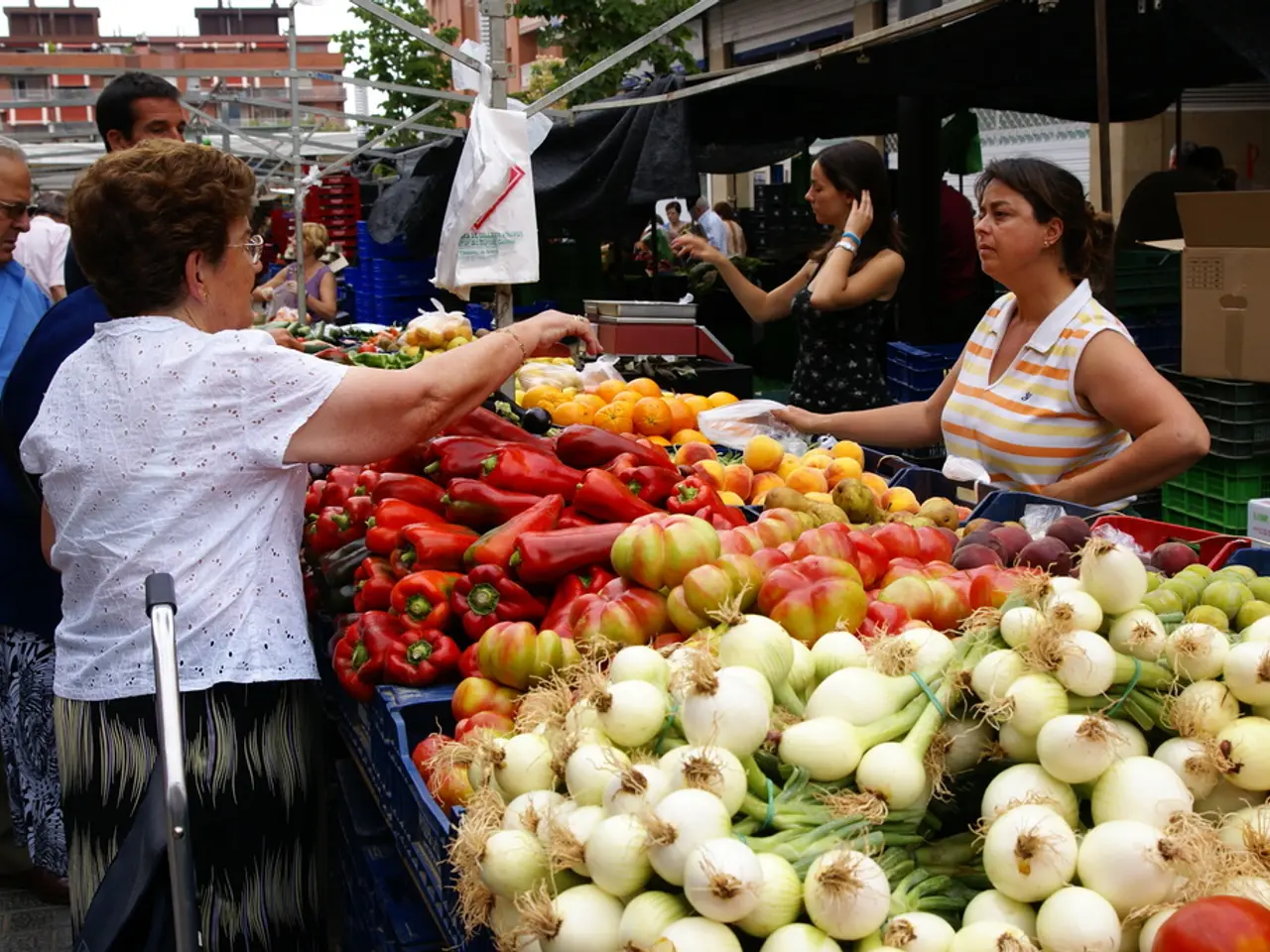6 Methods to Spend a Plastic-Free July 2021!
Plastic Free July: A Global Movement to Reduce Single-Use Plastics
Each year, in July, people around the world come together for Plastic Free July – a campaign that encourages individuals to reduce their daily plastic use and contribute to a cleaner planet. The initiative, now in its tenth year, began as a focused month-long challenge in Australia in 2011, aiming to raise awareness about plastic pollution and inspire positive change [1][3].
July was chosen as the campaign month because it provides a practical, time-bound period for people worldwide to engage in reducing single-use plastics. This focused effort helps build momentum and a collective global movement now involving millions across over 190 countries [2][3].
Reducing Single-Use Plastic: Simple Steps for a Greater Impact
Effective ways to reduce single-use plastic include refusing items such as bags, straws, cutlery, and bottles, and carrying reusable alternatives like cloth bags, stainless steel or glass bottles, and metal or bamboo straws [4][5]. Choosing products with less packaging or packaging made from sustainable, recyclable, or compostable materials also helps reduce waste generation at the source [4].
Supporting refill and buy-in-bulk programs, advocating for better recycling programs and extended producer responsibility initiatives, educating communities, and participating in local plastic clean-ups and awareness events are other ways to make a difference [3][4]. Adopting long-term habits beyond July, such as continuing plastic-free shopping and demanding systemic change in industries, is essential to sustain and amplify the impact [4].
Why Plastic Free July Matters
With fewer than 10% of all plastic ever manufactured having been recycled [6], the impact of plastic on our planet is significant. Plastic does not biodegrade and clogs animal stomachs, pollutes our waterways and highways, and threatens marine life [6]. If we do not modify our habits, by 2050, there may be more plastic in the oceans than fish [7].
By taking part in Plastic Free July, we can help lessen the impact of plastic on our planet, protect ecosystems, and inspire lasting behavior and policy changes worldwide [1][4]. Let's join the movement and make a difference, one plastic-free day at a time.
[1] Plastic Free Foundation. (n.d.). About Plastic Free July. Retrieved from https://www.plasticfreejuly.org/about/
[2] Plastic Free Foundation. (n.d.). Impact. Retrieved from https://www.plasticfreejuly.org/impact/
[3] Plastic Free Foundation. (n.d.). How to Participate. Retrieved from https://www.plasticfreejuly.org/how-to-participate/
[4] Plastic Free Foundation. (n.d.). Tips and Resources. Retrieved from https://www.plasticfreejuly.org/tips-and-resources/
[5] National Geographic. (2020, May 12). The Plastic Waste Crisis: 5 Steps to Fight It. Retrieved from https://www.nationalgeographic.com/environment/2018/07/plastic-waste-crisis-5-steps-fight/
[6] Earth Day Network. (n.d.). Plastic Pollution. Retrieved from https://www.earthday.org/issues/plastic-pollution/
[7] United Nations. (2018, June 8). Plastic pollution: UN Environment launches #BeatPlasticPollution campaign. Retrieved from https://www.un.org/sustainabledevelopment/blog/2018/06/plastic-pollution-un-environment-launches-beatplasticpollution-campaign/
- To reduce plastic pollution and contribute to a cleaner environment, one can practice sustainable living at home by growing their own vegetables and fruits in outdoor gardens, using compostable materials for packaging.
- In alignment with the worldwide Plastic Free July movement, adopting an environmental-science approach to lifestyle changes can significantly impact climate-change, as less single-use plastics mean less waste in our waterways and ecosystems.
- By participating in sustainable-living practices beyond July, such as choosing locally grown and packaged fruits and vegetables from home-and-garden shops or farmer's markets, one can help conserve resources and promote a greener planet.
- Employing care for our planet through science-backed practices and everyday lifestyle choices is essential in mitigating the threat of plastic pollution, ensuring a healthier planet not just for humans but for wildlife as well.
- The collective action of millions participating in the Plastic Free July movement across over 190 countries is a tangible demonstration of how easy care for the environment can be incorporated into an everyday lifestyle, making environmental-science and sustainable-living a norm, rather than an exception.




